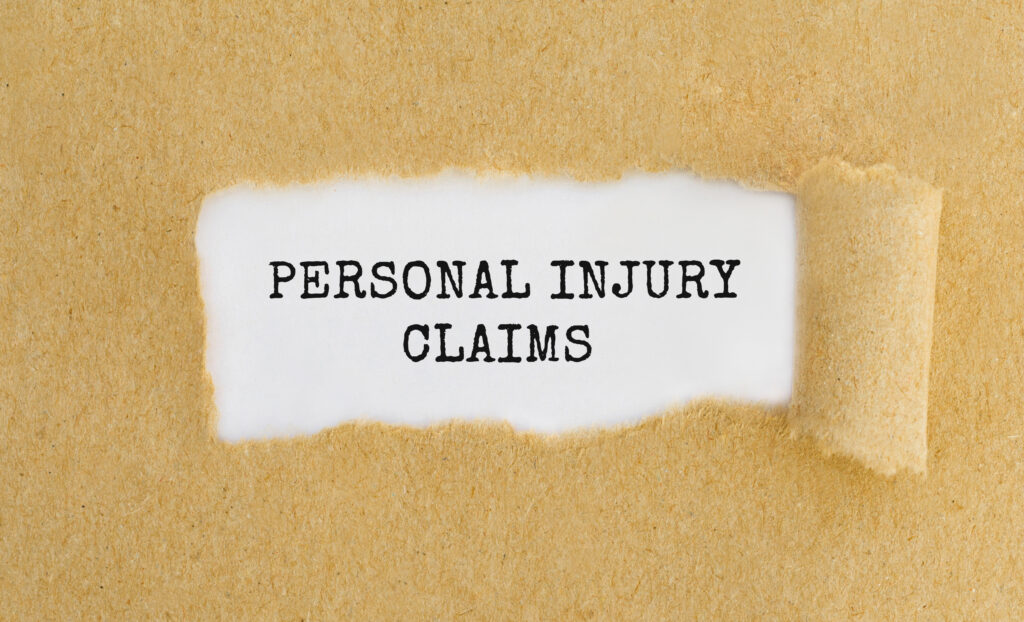At Champagne Law Firm, our work in high-asset divorce cases is guided by Kelly Champagne-Deutekom’s rare combination of skills. Before becoming an attorney, Kelly worked as a financial advisor for one of the nation’s leading firms, advising high-net-worth clients on investments, business interests, and complex asset portfolios. Today, she brings that financial expertise to the courtroom, identifying, valuing, and protecting assets ranging from stocks and bonds to closely held businesses and real estate.
Kelly often works alongside CPAs, valuation experts, and financial professionals to ensure her clients are positioned for the best possible outcome. This dual perspective in law and finance makes her a trusted specialist in high-stakes divorces where substantial assets are on the line.
1. Full Financial Disclosure Is Required
Tennessee law requires both parties to disclose all assets and liabilities. Attempting to hide income, accounts, or property can lead to serious legal consequences and negatively impact the final settlement.
2. Business Interests Must Be Valued Accurately
If one or both spouses own a business, determining its true value is critical. This often requires financial experts to assess revenues, debts, goodwill, and future earning potential.
3. Investments and Retirement Accounts Are Divided
High-asset divorces often involve complex portfolios—stocks, bonds, mutual funds, and retirement accounts. Each requires careful evaluation to ensure equitable division and compliance with federal rules like QDROs (IRS – Qualified Domestic Relations Orders).
4. Property Division Can Be Complicated
Multiple homes, vacation properties, and real estate investments add layers of complexity. Tennessee is an “equitable distribution” state (Tennessee Code Title 36 – Domestic Relations), meaning assets are divided fairly, though not always equally.
5. Tax Consequences Must Be Considered
Transferring or dividing assets can trigger significant tax liabilities if not handled properly. Working with attorneys who understand both the legal and financial aspects is essential to avoid costly mistakes.
6. Spousal Support May Be Contested
Alimony in high-asset divorces is often a central issue. Courts look at factors like the length of the marriage, standard of living, and earning capacity of each spouse. Disputes can arise over both the amount and duration.
7. The Right Legal Team Makes All the Difference
High-asset divorces require more than standard legal representation. Attorneys must coordinate with financial advisors, CPAs, and valuation experts to protect your interests. Having a team with both legal and financial experience ensures a stronger outcome.
Call Champagne Law Firm at 865-228-8080 or reach out online to schedule a confidential consultation about high-asset divorce in Knoxville and throughout Tennessee.



